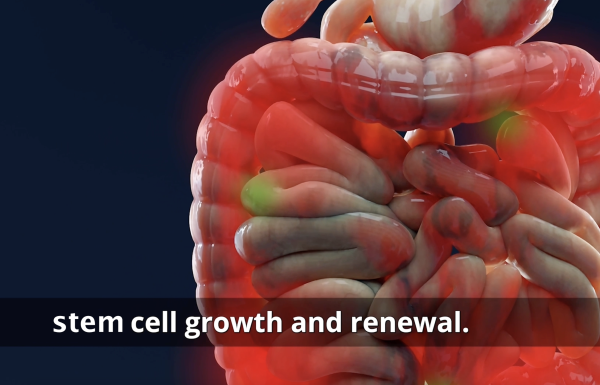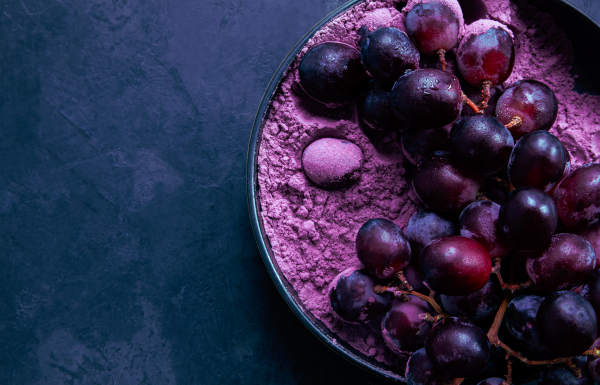In a health body, a change to one factor that can cause blood pressure changes is balanced by a change in another factor. This is how your body keeps your blood pressure within a normal range. For example, when you exercise, your heart rate goes up, increasing the amount of blood being pumped out by the heart
Our body controls blood pressure through three main mechanisms
- Heart rate
- How much blood the heart pumps with each beat – stroke volume
- How hear it is for blood to travel around the body – peripheral resistance
Doctors often refer to cardiac output when discussing cardiovascular health. This is simply the
amount of blood pumped out of the heart ventricle every minute. As cardiac output increases, so
does blood pressure. What a person is doing determines the amount of blood the heart pumps however, blood pressure normally remains pretty stable. For the most part this is because the body adjusts the resistance of the arteries, either widening or narrowing them as appropriate, to prevent the blood pressure from fluctuating wildly.
This ability to control blood pressure through changes to the width of the arteries is called peripheral resistance. This mainly occurs in the smaller arteries called arterioles. Arterioles are extremely important for an immediate response to blood pressure changes. Arterioles are specialised blood vessels that have smooth muscles in their walls that can relax or contract.
When the arterioles relax the blood vessels become wider, increasing the amount of blood flowing through them. This decreases blood pressure. When the blood vessels contract, they narrow causing the amount of blood flowing through them is reduced. This increases blood pressure.
The changes to the blood vessels can be caused by
- Nervous system stimulation (for example, stress, caffeine, or tobacco)
- Hormones
- Proteins
- Substances derived from the inner lining, or endothelium of blood vessels
- Substances released during the body’s inflammatory response, called inflammatory
- chemicals
- Certain medications
- Various diseases
In a health body, a change to one factor that can cause blood pressure changes is balanced by a
change in another factor. This is how your body keeps your blood pressure within a normal range. For
example, when you exercise, your heart rate goes up, increasing the amount of blood being pumped
out by the heart. This would normally cause your blood pressure to go up. However, your blood
pressure remains normal as your body signals to your arterioles to relax, increasing the capacity of
the vessels to cope with the increase in blood volume being pumped and in this way keeping your
blood pressure stable.
How do we maintain a healthy blood pressure?
Regular exercise, healthy diet, healthy body weight are important to maintaining healthy blood
pressure. Reducing the amount of sodium and caffeine in your diet as well as quitting smoking also
play an important role in maintaining a health cardiovascular system.
Recent studies have indicated that drinking wine can also have a positive effect on maintaining
healthy blood pressure levels. This is often referred to as the “French paradox”. The French have a
diet that is high in saturated fats but do not seem to suffer from as many high blood pressure related
illnesses associated with a diet rich in saturated fats.
This has been attributed to the polyphenols found in grapes that have a known positive effect in maintaining healthy blood circulation and blood pressure. However, the sugar and alcohol content of wine come with their own risks.
In recent years ‘super-foods’ have become quite popular. These foods usually come in the form of a
powder containing the same polyphenols found in grapes. The powder can be added to any drink or
food and consumed regularly, even on a daily basis without the negative effects associated with
alcohol and sugar. It is a practical and effective solution for people who are not accustomed to or
want to drink wine but strive to live healthy.
One such superfood is VINIA. With over a decade of research to support its claims, one sachet of
VINIA® per day contains antioxidants and polyphenols (40 mg), including resveratrol (5 mg) to
support heart health and promote healthy blood circulation. This is equivalent to receiving the
benefits of drinking one bottle of red wine or eating 1,000 grapes, without the sugar or alcohol.
VINIA can help
- Improve blood circulation
- Keep arteries flexible
- maintain blood pressure already within normal range
- Fuels antioxidant activity in blood vessels and arteries
Do not neglect your heart health – here’s more info about the best way to keep it safe!







